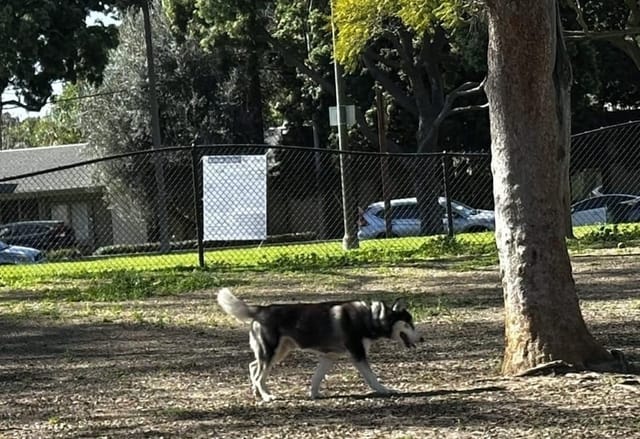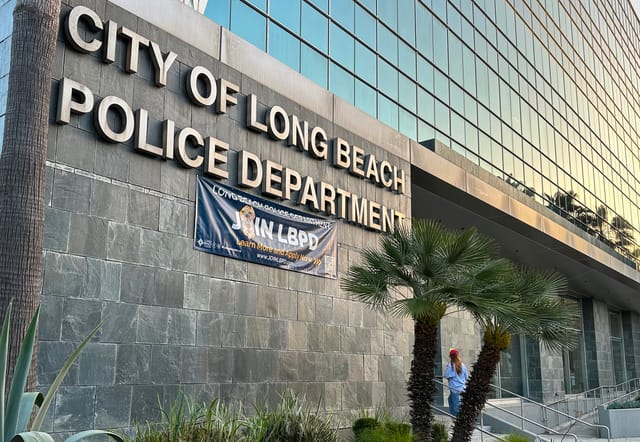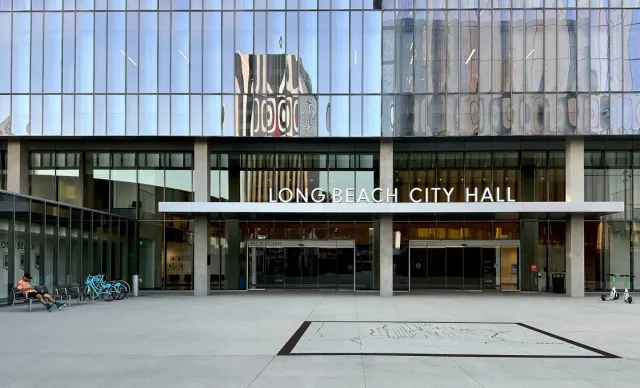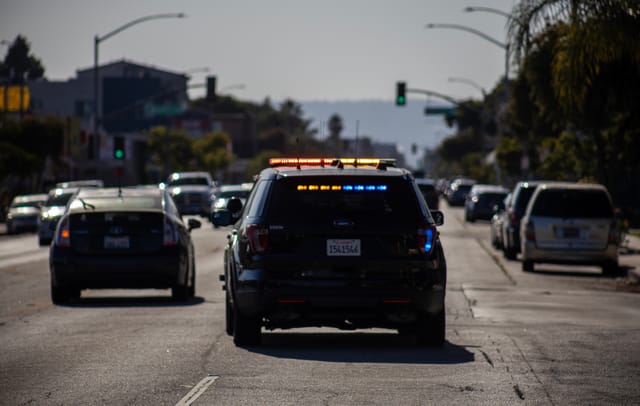Long Beach offering grants up to $5,000 for neighborhood improvement projects
The funding is intended to help pay for things like neighborhood cleanups, food distribution events and other projects that can benefit residents.
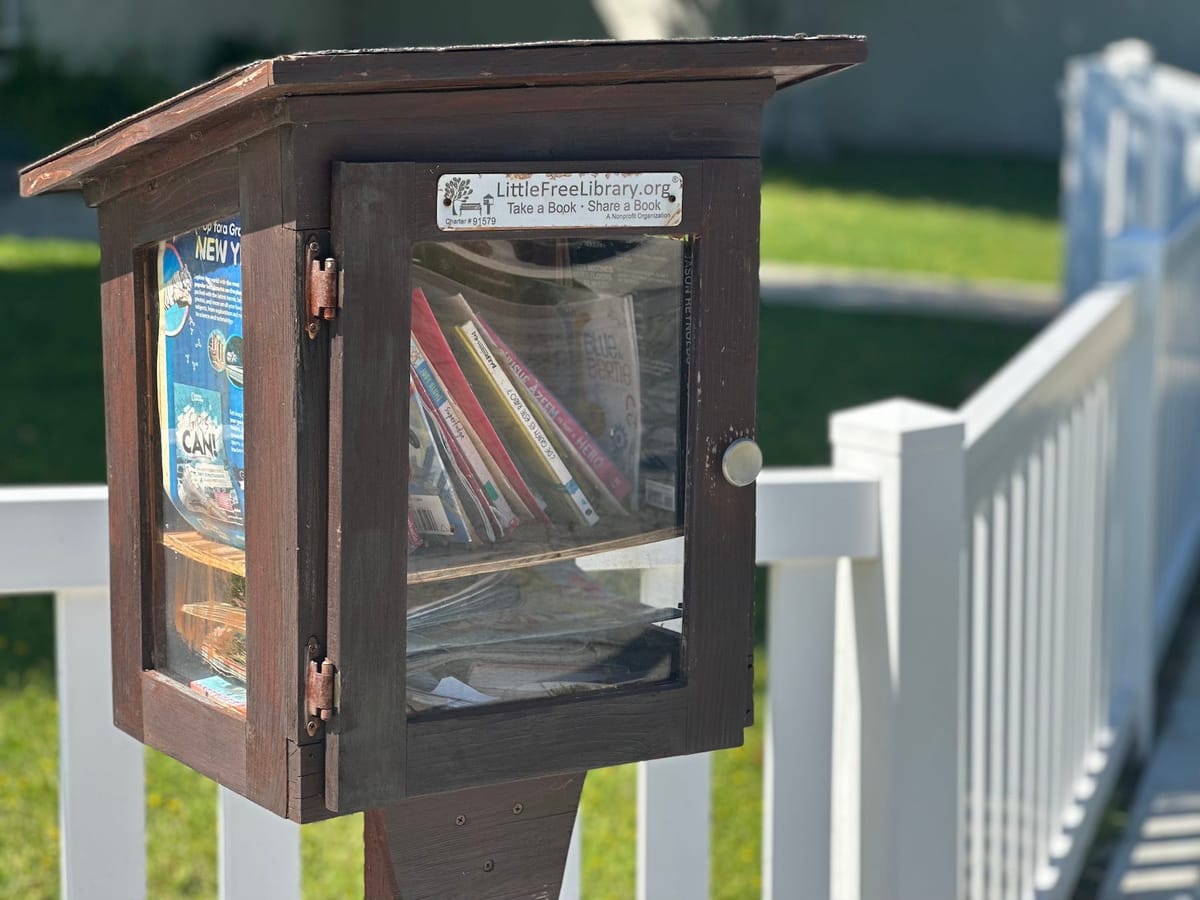
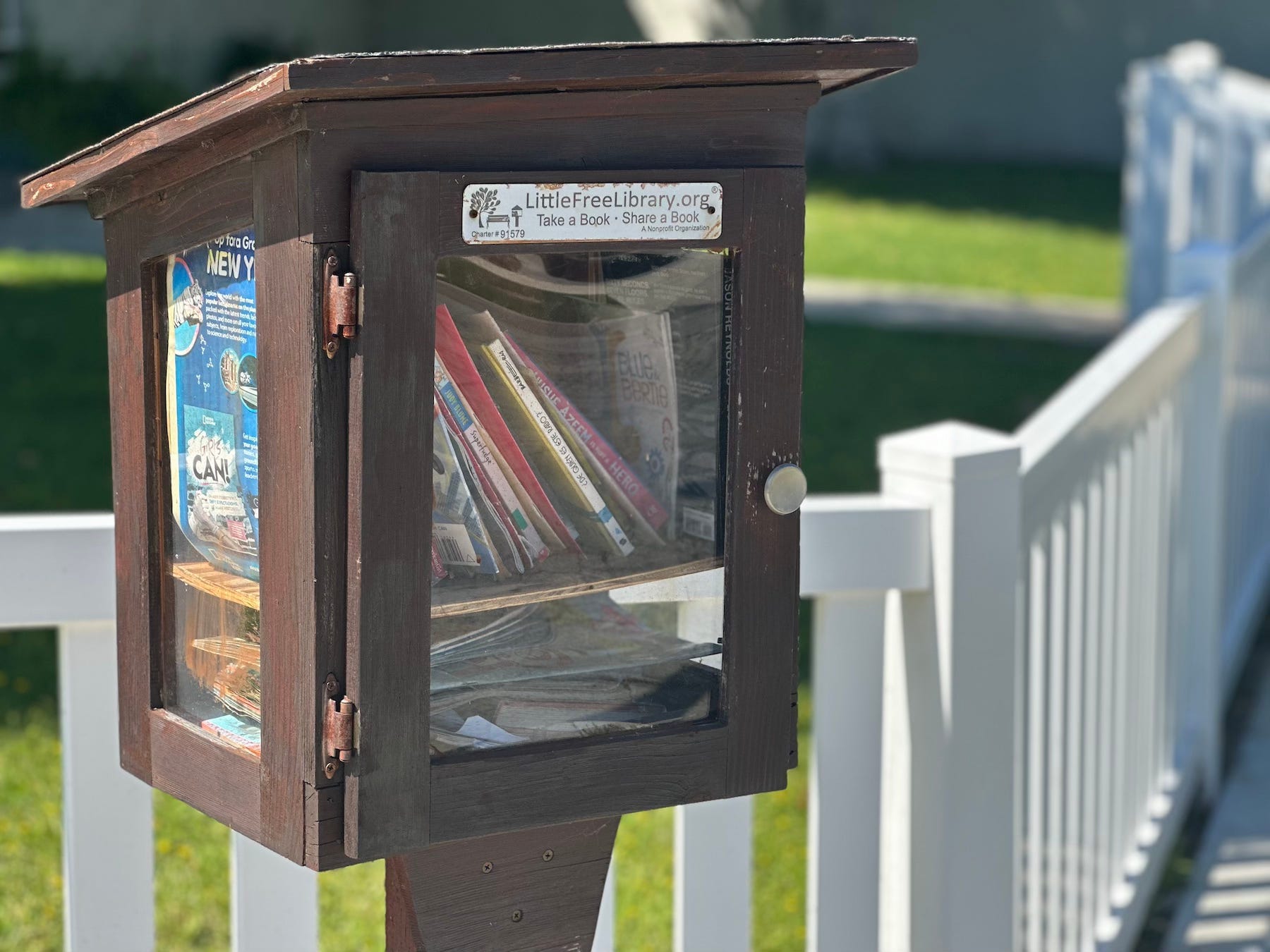
Neighborhood associations planning to host a community gathering this year could receive up to $5,000 from the city through its Neighborhood Micro Grant Program.
The program was funded in September when the City Council voted to approve the city’s budget and asked that additional funds be allocated to pay for things like neighborhood cleanups, block parties and other neighborhood improvement activities.
To be eligible for funding, applications need to be filed by a recognized neighborhood association and the money must be spent on blight reduction, crime awareness, fair housing, mental health services or projects that improve neighborhood conditions.
Other eligible uses include food distribution events, community breakfasts or building a vegetable garden. Funding could also be used to provide local students with school supplies or to install a community book exchange.
Any neighborhood association that receives a grant from the city has to use the money by March 18, 2025. The city expects to issue at least 20 grants, according to the Long Beach Community Development Department, which is overseeing the program.
According to the program website, the proposals submitted to the city are expected to be funded on a first-come, first-served basis.
There’s no monetary match required by neighborhood associations requesting the funds but there are some limitations on what the funding can be spent on. Things like city permits that might be needed for a block party, labor needed to run events and gift cards, for example, are not eligible uses for the grant funds.
For those interested in applying for the Neighborhood Micro Grant Program click here. A video tutorial on how to apply for grant funding can be found here.
We need your support.
Subcribe to the Watchdog today.
The Long Beach Watchdog is owned by journalists, and paid for by readers like you. If independent, local reporting like the story you just read is important to you, support our work by becoming a subscriber.


